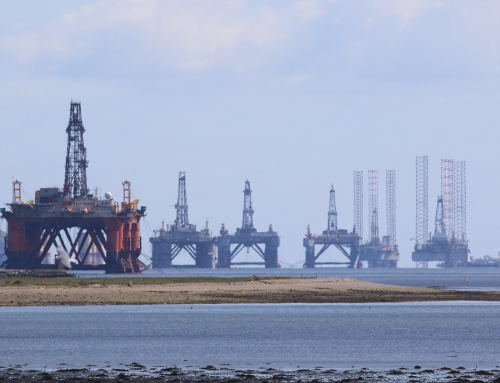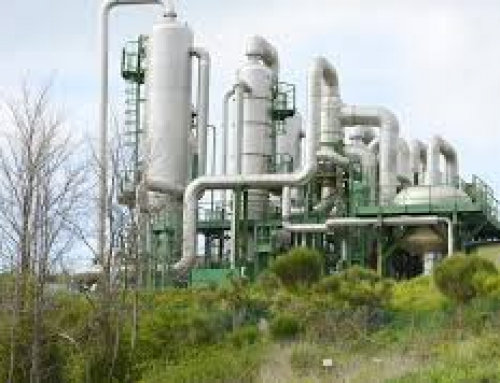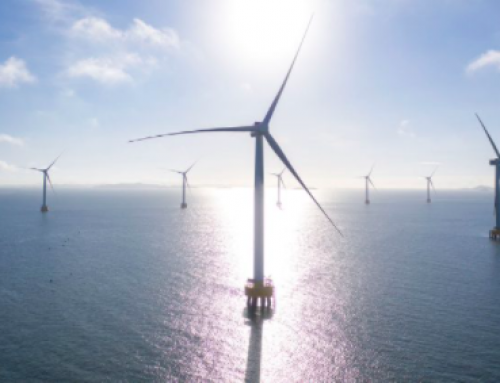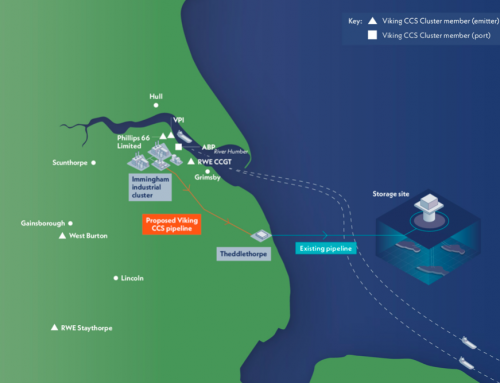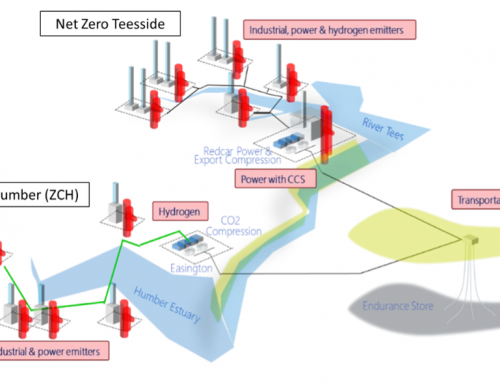By Barney Smith
Having commented recently on some climate change aspects of the Shell annual report (Greenbarrel May 5) it seemed on reflection only reasonable to do the same for BP’s annual report, which also came out last month.
The BP annual report, entitled “Energy with Purpose” runs to over three hundred pages, and again it was largely drafted before the reduction in the oil price, which has more recently been reported as leading to a write-down in the value of reserves in the interims for 2020. But at least the BP annual report did not herald a cut in the dividend.
Nonetheless, the management clearly see considerable change coming and “plan to announce more information on how we intend to reimagine energy and reinvent BP…at our capital markets day in September 2020”At this stage it is perhaps worth reminding readers that the incoming CEO, Bernard Looney, who only took over from Bob Dudley on 5 February 2020, promised in the report to restructure the business in what “.. may be our most wide-ranging reorganisation for more than a century”.
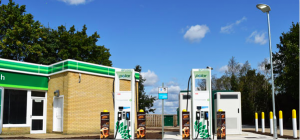
www.bpchargemaster.com
Like Shell, BP eschews a forecast preferring to talk of several scenarios; under the “Evolving transition” scenario, renewables and natural gas account for almost 85 per cent of the primary energy growth by 2040, while under the “rapid transition” scenario renewable energy accounts for more than the entire increase in primary energy by 2040. This scenario envisages a sharp contraction in the use of coal; the level of oil consumption also falls, but gas continues to grow aided by increasing use of carbon capture, use and storage (CCUS). It is however noteworthy that under either scenario the agreed view is that considerable investment in oil will be necessary to provide the substantial amounts which will still be needed in 2040, calculated to be between 80 Mb/d and 100 Mb/d.
Like Shell, BP say they fully support the Paris Agreement to limit the global average temperature rise to well below two degrees Celsius above pre-industrial levels. As a company, the aim is to be carbon neutral on an absolute basis by 2050, if not sooner. But although the report emphasises the need for change in a “changing world”, the detailed figures tell us that much remains to do. While profit attributable to BP shareholders was $4 billion, the amount invested in low carbon activities in the same year was only upwards of $500 million and the figure for alternative energy is included in the figure for “Other businesses and corporate affairs”.
The optimists would say that the company has at least made a start in several areas. One of these is electric vehicle charging: the company is now a market leader in the UK, with 7,500 BP Chargemaster sites, powering around 1.5 million electric miles a week. They have also begin rolling out 150kW ultra-fast chargers on BP forecourts across the UK with the hope of reducing recharging times nearer to those regularly achieved in traditional refuelling. It is a similar story in Germany, where the company is to pilot the introduction of an ultra-fast charger network on Aral forecourts. Further afield, BP has announced a joint venture with DiDi, the world’s leading mobile transportation platform, to begin to build an electric vehicle charging network in China, the world’s largest and fastest developing market (fifty per cent of the world’s battery EVs are in China).
Other, more wide-ranging examples are the establishment of a Joint venture with Bunge to increase Biofuels business in Brazil by more than 50 per cent, and an increase in the BP stake in Lightsource to be a 50/50 joint venture. But perhaps the most intriguing of all is the announcement of the “development of BP Infina, an enhanced recycling technology, capable of processing currently unrecyclable PET plastic waste.” Action on plastic is all the rage at the moment and BP and its considerable resources would seem to be very much in tune with fashion. We need to know more.

